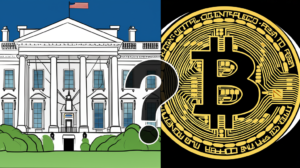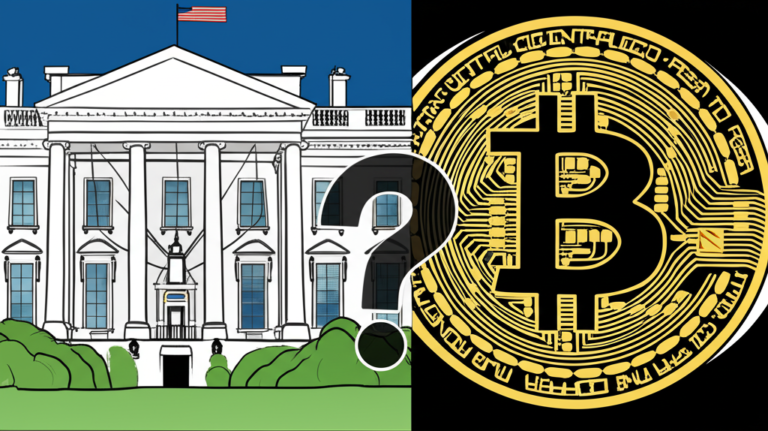The Indian government recently informed the Lok Sabha that there is no definitive timeline for introducing comprehensive regulatory guidelines for Virtual Digital Assets (VDAs) or crypto assets. However, it emphasized the critical role of international collaboration in shaping effective regulations.
India’s Current Stance on Crypto Regulation
Parliamentary Query on VDA Guidelines
Earlier this year, two Members of Parliament raised concerns about the lack of a clear regulatory framework for VDAs. They queried the government on steps taken toward establishing such a framework and sought clarity on a potential timeline.
In response, the government highlighted that the borderless nature of crypto assets poses unique challenges that demand global cooperation to prevent regulatory arbitrage. Minister of State for Finance, Pankaj Chaudhary, noted that “all jurisdictions, including India, must evaluate their country-specific characteristics and risks, while engaging with international bodies such as the G20 to formulate effective measures.”
Crypto Under the Prevention of Money Laundering Act (PMLA)
In March 2023, the Indian government brought VDAs under the Prevention of Money Laundering Act, 2002 (PMLA). This step was aimed at enhancing oversight of crypto transactions to curb illicit activities. Additionally, income from crypto assets is taxable, ensuring financial accountability.
The Role of Global Collaboration
IMF and FSB’s Synthesis Paper
India’s G20 Presidency in 2023 played a significant role in advancing global discussions on crypto regulation. The International Monetary Fund (IMF) and the Financial Stability Board (FSB) developed a synthesis paper that served as a comprehensive policy guide for crypto regulation. The roadmap specifically addressed risks relevant to emerging markets and developing economies (EMDEs), focusing on financial stability and consumer protection.
Why Global Cooperation Matters
Crypto assets operate without borders, making it essential for countries to adopt coordinated policies. Without international collaboration, regulatory arbitrage—where entities exploit regulatory loopholes in certain jurisdictions—could undermine the effectiveness of national regulations.
India’s position aligns with the need for countries to engage with standard-setting bodies and adopt global best practices to manage the risks associated with VDAs.
Additional Measures India Could Take
Enhancing Public Awareness
One key step for India is to improve public awareness about the risks and benefits of investing in crypto assets. Many investors lack the knowledge needed to make informed decisions, which can lead to financial losses or exposure to scams.
Promoting Blockchain Innovation
While regulation is essential, India must simultaneously foster innovation in blockchain technology. By creating innovation-friendly policies, the government can position India as a leader in blockchain development while mitigating risks associated with VDAs.
Learning from Global Leaders
Countries like Japan, Switzerland, and Singapore have developed progressive crypto regulations. India can draw valuable lessons from these nations, focusing on striking a balance between innovation and security.
Leveraging AI for Crypto Surveillance
Advanced technologies like artificial intelligence (AI) and machine learning can enhance the monitoring of VDA transactions. These tools can detect suspicious activities and strengthen anti-money laundering (AML) measures.
Challenges Ahead
Mitigating Financial Risks
Crypto markets are highly volatile, posing significant financial risks for investors and the economy. Establishing a framework that minimizes systemic risks without stifling innovation is a critical challenge.
Addressing Security Concerns
Cybersecurity threats, including hacking and phishing, remain a major concern in the crypto ecosystem. Regulatory measures must address these vulnerabilities to ensure the safety of investors.
Final Thoughts
India’s crypto future hinges on global cooperation and a well-thought-out regulatory framework. As the country engages with international bodies like the G20, IMF, and FSB, it must also work toward addressing domestic challenges and promoting blockchain innovation. Balancing regulation and growth will be key to shaping a secure and prosperous crypto ecosystem in India.











